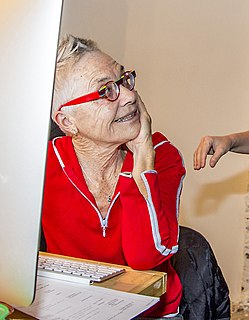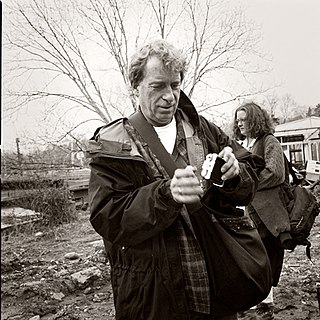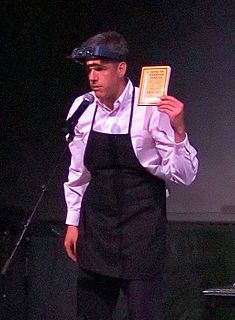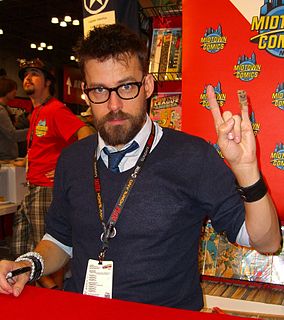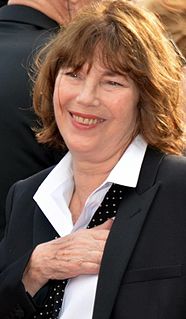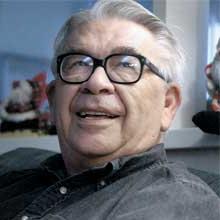A Quote by Ruth Beebe Hill
As soon as you take out a pencil and paper with the Indians, you're one thing to them - an anthropologist - and what they tell to anthropologists is always distorted.
Related Quotes
I was given some designer colors for ink pens a long time ago and I haven't used them, and I have some handmade paper, and I just have the desire to drip on wet paper. It reminds me of when I was seven years old and had my tonsils out, and one of the first artworks I made was on toilet paper with a colored pencil; it was sort of half paint and half colored pencil. But I got very involved with color and absorption and I think, you know, 78 is a good time to go back to the beginning.
The thing I hear about a lot is when people over-sharpen their pencil with a single-blade pocket-sharpener and then when they put the pencil to the page, their tip breaks and pencil points always break irregularly. It always gets all jagged and you have to refresh the point. That's a common complaint.
I don't understand the feeling of, the way people speak of writing as though it were, like, some kind of djinn to be summoned or like it's the Loch Ness monster or seeing a shooting star. It's a physical act. It is a thing you do with your muscles and your body and your willpower. Watch, I'll show you: get a piece of paper. Get a pencil. Put the pencil on the paper and write the word 'something.'
The anthropologist must relinquish his comfortable position in the long chair on the veranda of the missionary compound, Government station, or planter's bungalow, where, armed with pencil and notebook and at times with a whisky and soda, he has been accustomed to collect statements from informants.... He must go out into the villages, and see the natives at work in gardens, on the beach, in the jungle; he must sail with them to distant sandbanks and to foreign tribes.


